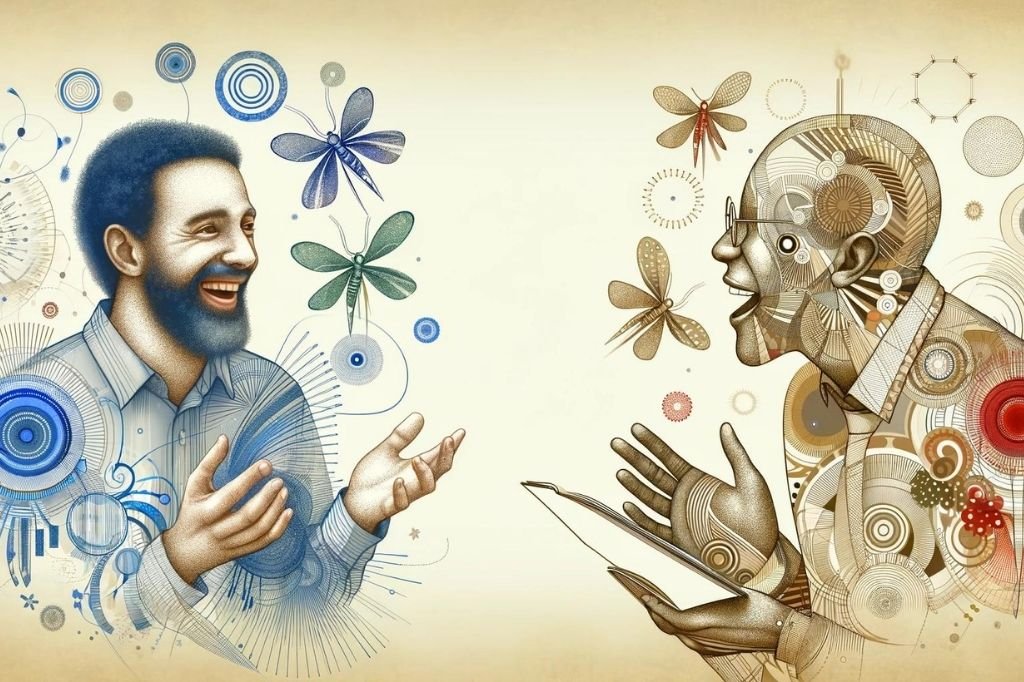Have you ever wondered why I get annoyed when someone talks too much? It’s a typical inclination, and trust me, you’re in good company in this boat. In our excursion through the rhythmic movements of everyday discussions, it’s normal to now and again feel overpowered by an excess of words. Yet, for what reason does this occur? We should plunge into the main issue with a hint of humor and a ton of understanding.
The Brain Science Behind Annoyance
First things first, how about we talk about brain research? When someone talks exorbitantly, it can set off a response in our cerebrum that signals irritation. This response is frequently connected to our intrinsic requirement for equilibrium and amicability in correspondence. We look for a compromise dynamic, and when this equilibrium is upset, our cerebrums wave the warning. It’s like being at a smorgasbord where just a single dish is served; disappointing, right?
Another factor is our capacity to focus. Concentrates on showing that the typical human capacity to focus isn’t what it used to be, on account of the computerized age. Thus, when someone goes on a verbal long-distance race, it resembles requesting that we pursue a run marathon watching our best show; depleting and, in all honesty, all in all too much.
Furthermore, the substance of the discussion matters. If a discourse about subjects doesn’t intrigue us, it resembles being caught in a talk we didn’t pursue. Our minds begin searching for the left sign, and disturbance is the blazing neon light pointing the way.
Social Elements and Conversational Overload
On the social front, conversational elements are critical. Viable correspondence resembles a dance, requiring musicality and correspondence. When one individual overwhelms, it disturbs this equilibrium, prompting inconvenience. It’s like being left with a dance accomplice who just knows one maneuver – in the long run, you’ll need to change the music! This unevenness can likewise affect collective vibes, causing others in the discussion to feel sidelined.
Over-the-top talking can likewise be seen as a break of social manners. In many societies, undivided attention is esteemed similarly as much as talking. In this way, when someone talks unremittingly, it can appear to be rude or narcissistic. It’s similar to someone who just plays their music at a party, never asking what others need to hear. Keep in mind, that discussions are not talks; they’re exchanges.
The Job of Setting and Content in Conversations
The specific situation and content of the discussion likewise assume critical parts. Can we just be real for a moment, paying attention to someone drone on about their stamp assortment can be as energizing as watching paint dry, except if you’re a philatelist! Setting matters – a speech at a talk is OK, yet the equivalent at an evening gathering? Not really. The substance likewise matters; on the off chance that it’s not drawing in or significant, our disturbance meter begins ticking.
Another variable is the present status of the brain. On the off chance that we’re worried, tired, or distracted, our capacity to bear delayed discussions drops. It resembles when you need harmony and calm, yet your neighbor chooses it as the ideal opportunity to begin a musical crew. Timing is everything, and in some cases, we’re only not in that frame of mind for a long-distance race talk meeting.
Understanding the reason why we get annoyed when someone talks too much is an excursion through our mental cosmetics, social assumptions, and individual inclinations. Yet, here’s a tomfoolery thought – perhaps, quite possibly, whenever someone is continuing forever, envision they’re portraying a mystery spy mission, and you’re the one in particular who can figure out the code. Who knows, it may very well make the discussion more tolerable, or possibly, somewhat seriously engaging!

